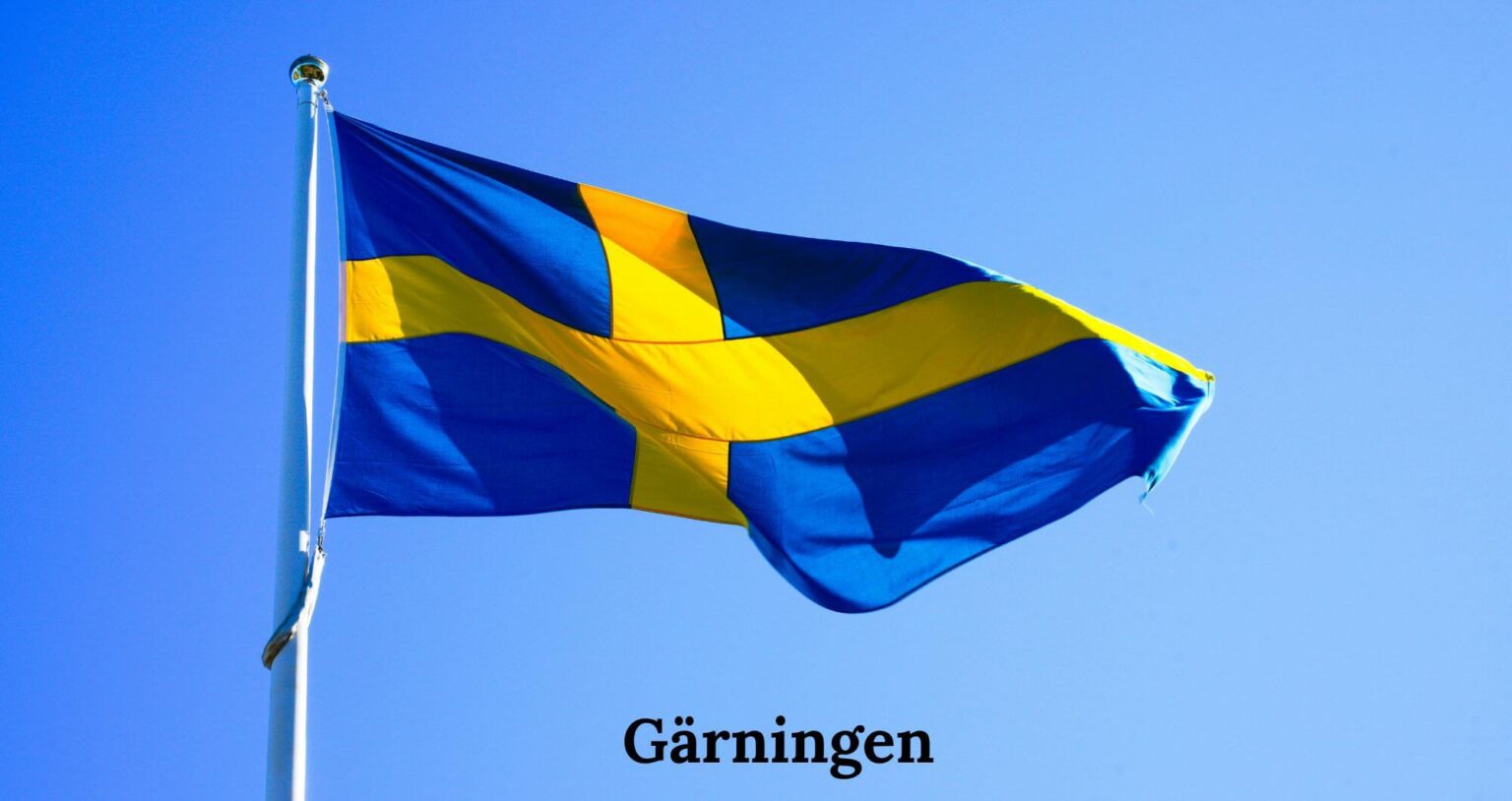Language is rich with words that carry layers of meaning depending on the context in which they are used. One such word is the Swedish term “gärningen”. Though simple at first glance, this word embodies depth in both legal and everyday communication. In this article, we will explore the meaning of “gärningen,” its linguistic roots, its role in Swedish law, and how it appears in daily conversations and literature.
What Does “Gärningen” Mean?
In Swedish, “gärningen” is derived from the root word gärning, which translates to “deed,” “act,” or “action.” The suffix -en makes it definite, so “gärningen” specifically means “the deed” or “the act.”
The word can take on either a neutral, positive, or negative connotation depending on the context. For example:
-
A good deed: Den goda gärningen (the good act).
-
A criminal act: Brottsgärningen (the criminal deed).
This flexibility makes the word useful across many fields of discussion, from morality to crime.
Linguistic Roots of “Gärningen”
The word gärning traces back to Old Norse, where related words referred to actions or deeds performed by individuals. Over time, it became established in Swedish with strong associations to human responsibility and accountability.
Interestingly, similar terms exist across other Germanic languages. In German, the word Tat serves a similar role, meaning “the deed” or “the act.” In English, “deed” carries nearly the same weight. This shows how deeply ingrained the concept of “gärningen” is across cultures rooted in shared linguistic heritage.
“Gärningen” in Swedish Law
One of the most prominent uses of “gärningen” is within Swedish legal language. In legal texts and court discussions, it often refers to the specific act under investigation.
For example:
-
Vid gärningen befann sig den misstänkte på platsen
(At the time of the act, the suspect was present at the scene).
Here, “gärningen” doesn’t simply mean an abstract deed but the concrete action tied to an alleged crime. This makes it a cornerstone term in legal documents, judgments, and police reports.
Moreover, the word highlights the importance of intent and context. Swedish courts often examine whether “gärningen” was performed with negligence, intent, or under circumstances that excuse the act.
Moral and Ethical Dimensions of “Gärningen”
Beyond the legal system, “gärningen” also carries strong moral undertones. In philosophy and religion, it often symbolizes the weight of human actions—whether good or bad.
For instance, in Christian discussions within Sweden, the term is used to describe righteous deeds or sinful acts. Similarly, in everyday conversation, someone might emphasize that a good deed (en god gärning) should not go unnoticed.
This moral duality reflects the essence of human behavior: actions define character. Whether noble or criminal, “gärningen” is the measure of responsibility.
Everyday Usage in Conversation and Media
While heavily associated with law and morality, “gärningen” also appears in literature, journalism, and casual speech. In newspapers, you might read headlines such as:
-
Polisen utreder gärningen (The police are investigating the act).
-
Han kommer alltid att bli ihågkommen för sin hjältemodiga gärning (He will always be remembered for his heroic deed).
In literature, it often serves as a tool to highlight the consequences of actions, bridging narrative with accountability. Authors may use “gärningen” to describe both small acts of kindness and large, life-altering events.
Why “Gärningen” Matters
Understanding “gärningen” is more than just a matter of translation. It’s about recognizing how Swedish culture views actions as central to justice, morality, and memory. The word reminds us that deeds are never isolated—they carry meaning, consequences, and interpretations depending on the society observing them.
For learners of Swedish, grasping the nuances of this term can provide a deeper appreciation of how responsibility is expressed in the language. It also opens the door to understanding the values embedded in Swedish culture, where what one does often speaks louder than what one says.
Conclusion
“Gärningen” may seem like a simple word, but its depth stretches across law, morality, and daily life. It conveys responsibility, highlights consequences, and emphasizes the lasting impact of human actions. Whether describing a crime, celebrating a heroic act, or reflecting on ethical choices, “gärningen” stands as a reminder that every deed matters.
In short, it is more than just a word—it is a mirror of how society judges actions and the weight they carry.
